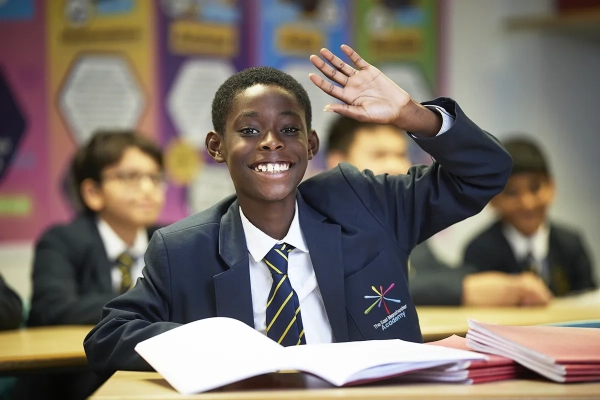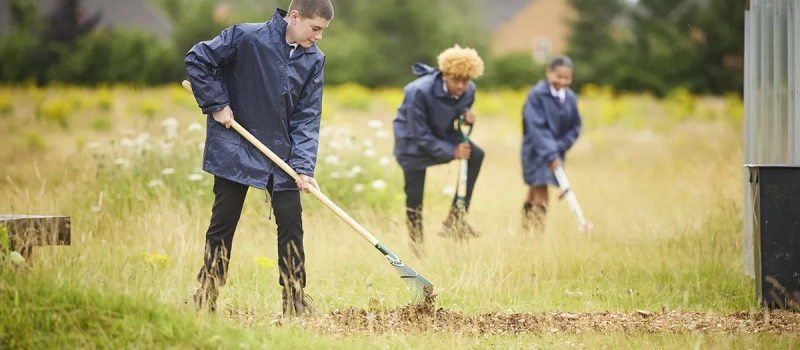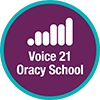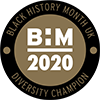Head of Faculty
Mr L Johnston (w.johnston@temac.co.uk)
Belonging
Our mathematics curriculum is rooted in the belief that every student deserves to feel valued and included. We aim to create a learning environment where all students see themselves as capable mathematicians. Through consistent routines and high expectations, we foster a sense of belonging that empowers every learner to thrive. Our curriculum is expertly adapted to meet the needs of all learners, ensuring that mathematics is accessible and enjoyable for all, regardless of background or prior attainment.
Powerful Learning
Through a carefully sequenced curriculum, students build fluency, reasoning, and problem-solving skills in small, manageable steps. Each concept is taught to mastery, with opportunities for students to revisit and deepen their understanding over time. We emphasise high-quality questioning, representation, and variation to develop a robust conceptual framework that enables students to tackle increasingly complex mathematical ideas with confidence.
Overcoming Social Disadvantage
Understanding the profound impact of social disadvantage, we ensure our curriculum is a powerful vehicle for equity and opportunity. Through targeted support, enrichment opportunities, and quality-first teaching, we close attainment gaps and unlock potential. We prioritise early intervention, access to resources, and building cultural capital, enabling all students to succeed regardless of their starting points. Our curriculum not only raises aspirations but also empowers students to envision and pursue ambitious futures.





















